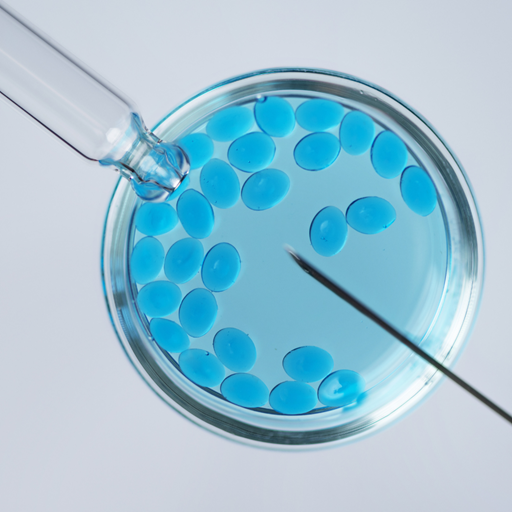Research project wants to hear from donor-conceived people, donors and their families
-
Date
Tue 15 Nov 22

A ground-breaking project is looking to explore the experiences of those who have donated their eggs or sperm to support fertility treatment, alongside the families created by these donations.
Researchers at the University of Essex have received funding to explore the stories of people searching ‘off-grid’ for donors or donor relatives to make sense of their biological roots.
Project lead, Dr Róisín Ryan-Flood, said: “We would like people to get in touch and tell us their stories of finding biological relatives through the informal channels of social media or genetic testing, so we can better understand these seldom spoken about experiences.
“UK law doesn’t allow people to look for their donor parent or donor-conceived child until they reach the age of eighteen and denies access to donor information to those conceived before 2005.
“Nonetheless, increasingly, donor-conceived people, or their parents, are looking for information about their own or their child/ren’s biological roots either through social media sites or genetic testing.”
Using interviews, this project will investigate the experiences of those who are affected by this form of donor identity disclosure, stories that are rarely heard in the public sphere.
If you are a donor, donor-conceived person or their parent and have a story to tell about finding relatives via social media or genetic testing, get in touch with the project team.
The project is funded by a British Academy/Leverhulme Small Research Grant.




